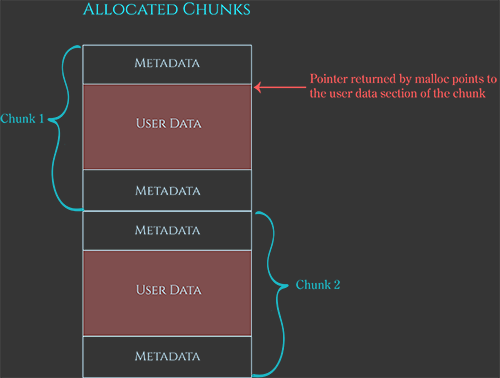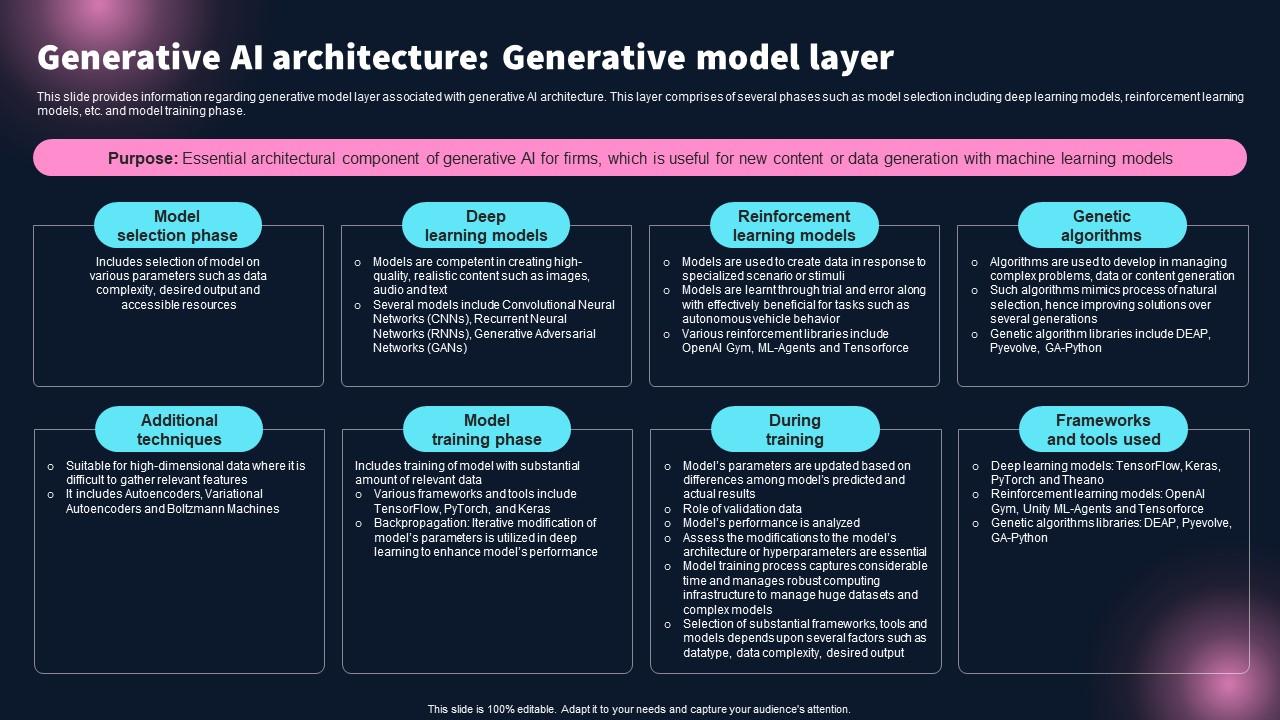Privacy law calls as Meta admits farming Aussie photos
Australia is facing a pressing need for stronger legal protections to safeguard its citizens against tech giants utilizing their personal data, including images of their children, for training generative AI algorithms. This call to action stems from revelations made by Meta executives regarding the exploitation of photos and posts shared by Australians on Facebook and Instagram dating back to 2007 for the development of its AI models.
During a Senate inquiry into Adopting Artificial Intelligence in Canberra, Meta confirmed the utilization of this data. Despite European users being granted options to prevent such exploitation, Australians were not extended the same courtesy. The ongoing inquiry, slated to deliver its final findings soon, focuses on analyzing AI trends, opportunities, risks, and its implications on various aspects like elections and the environment.

Meta's Data Usage and Privacy Policy
In her testimony before the Senate committee, Meta's global privacy policy director, Melinda Claybaugh, disclosed that the company leverages user-generated content to train its generative AI tools, Llama and Meta AI, specifically content that has been shared publicly. While affirming that data from accounts of individuals under 18 is not utilized, she acknowledged that any public photos of children shared by adults are indeed employed for AI training purposes.
Claybaugh emphasized that while Australian users can prevent their content from being utilized for AI training by restricting its visibility to the public, they are not presented with the choice to opt-out of this program, unlike their European counterparts.
Response and Calls for Action
Labor Senator Tony Sheldon, who headed the inquiry, criticized Meta's actions, describing the use of personal photos without explicit consent as an egregious violation. He advocated for legislative measures to curb such practices, questioning the adequacy of existing privacy laws in addressing these issues.

RMIT University's associate dean of technology and information, Dana McKay, echoed the sentiment, highlighting the necessity for comprehensive privacy regulations to govern the handling of personal data. McKay underscored the importance of user awareness and consent in such data practices.
Meta's Asia Pacific public policy vice-president, Simon Milner, defended the company's data practices, suggesting that gathering more localized information could mitigate AI risks like bias. While acknowledging the complexity of the 20,000-word privacy policy, Milner contended that compelling users to share their data constantly would be met with resistance and frustration.

The Senate committee, having also heard from other tech giants like Amazon, Microsoft, and Google, is poised to deliver its final report on the matter by September 19.




















